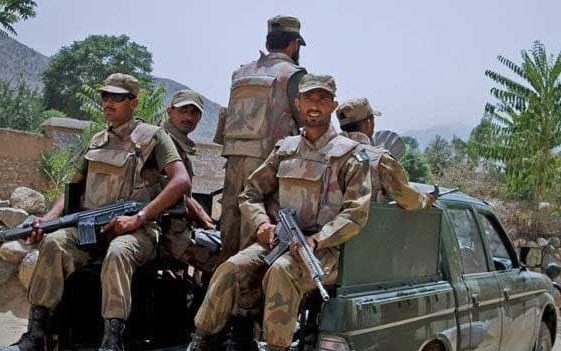ISLAMABAD( WNAM MONITORING): In a significant shift in counter-terrorism strategy, the Pakistan Army is increasingly adopting advanced technologies against militant threats while minimising risks to soldiers, particularly in high-risk regions like Balochistan and Waziristan.
A senior defence source said the army has deployed modern surveillance and attack technologies, including kamikaze drones—known as “killer drones”—and payload-equipped quadcopters for precise, remote operations against terrorist groups. These tools enable the army to identify, monitor, and neutralise threats without exposing soldiers to direct combat. “Previously, Pakistan Army soldiers’ lives were at risk during operations. Now, surveillance, reconnaissance, and attacks are conducted using advanced technologies”.
A notable example occurred on October 14 in Waziristan, where 23 terrorists were eliminated in a strike executed solely by killer drones, without deploying troops. It was also recently used against Afghanistan-based terrorists. “These drones, equipped with First Person View (FPV) systems, provide real-time visuals, ensuring accuracy and accountability,” the source explained. “Also the army is now primarily transporting troops by air in insurgency-hit areas like Balochistan, where most casualties occur during roadside travel. Air transport significantly reduces this risk,” the source noted.
Pakistan’s defence modernisation extends to robotic ground units, such as the Chinese-made “Robo-Wolf,” a quadruped robot designed for identity checks, surveillance, and engagement. Capable of autonomous shooting and guarding posts, the Robo-Wolf further minimises human exposure in hostile zones. “This step will further protect our soldiers’ lives,” the source added. These developments mark a broader strategic transition within Pakistan’s military, prioritising technological innovation to enhance operational effectiveness while safeguarding personnel in the ongoing fight against terrorism.


